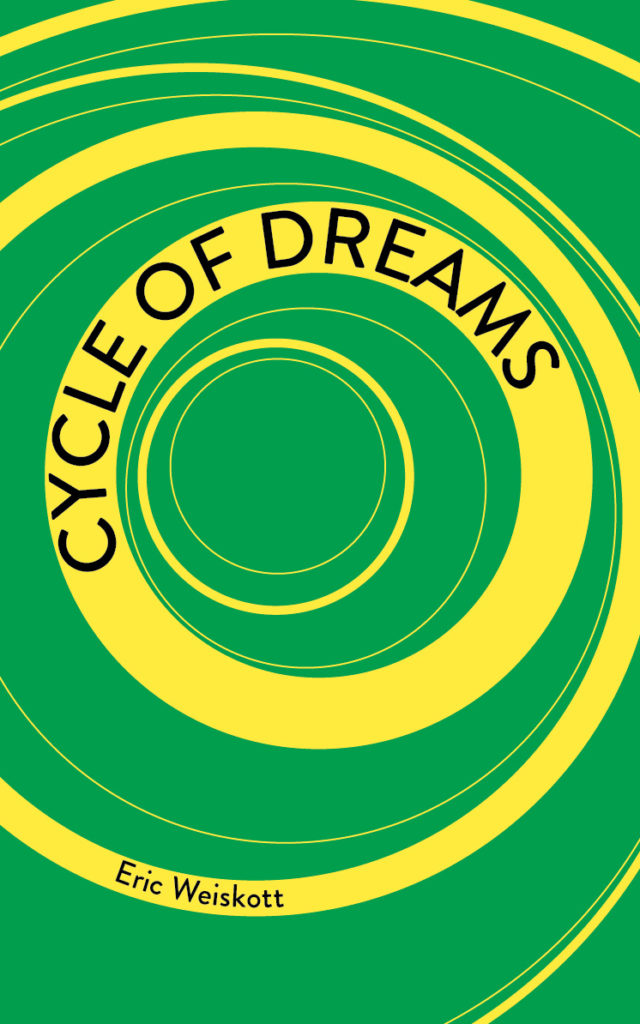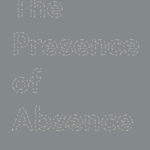An experimental hybrid work, Cycle of Dreams pairs translation and original poetry. The translations, or adaptations, are of William Langland’s strange and wild fourteenth-century dream vision, Piers Plowman, a politically radical English and Latin poem written in the wake of plague and divided into a prologue and twenty passūs or steps. Eric Weiskott transposes the action from London and Worcestershire to New England and Long Island. The translations refashion and modernize Piers Plowman by disarticulating its continuous shape and rearticulating it as a collection of lyrics. Translation appears on the left and original poetry on the right in each page opening. Thus the fourteenth and twenty-first centuries speak to one another as in a dream.
Like Piers Plowman itself in manuscript culture, Cycle of Dreams attracts paratexts. Images illustrate the absent presence of Langland’s authorship. A series of glosses or marginal notes grounds the poems in critical theory, etymologies, lyric reminiscences, and statistics reflecting the desperation of our economic moment. An “oneirography” or dreamed bibliography names some of the scholarship that supports study of Piers Plowman today and some other sources for Langlandian fever dreams.
Langland can address us today, not in the voice of a bygone author whose “context” must be arduously rearticulated in the laboratories of scholarly endeavor, but one whose utopian vision is in its broad outlines no less urgent in 2024 than it was in 1381, when English rebels used Langland’s title figure as a rallying cry for insurrection. Cycle of Dreams unearths “buried dreams / of a future adequate to the present tense.”





 d teacher who lives in Brookline, MA. Author most recently of the poetry chapbook Chanties (Bottlecap Press, 2023) and the scholarly monograph Meter and Modernity in English Verse, 1350–1650 (University of Pennsylvania Press, 2021), Eric is co-editor of the Yearbook of Langland Studies.
d teacher who lives in Brookline, MA. Author most recently of the poetry chapbook Chanties (Bottlecap Press, 2023) and the scholarly monograph Meter and Modernity in English Verse, 1350–1650 (University of Pennsylvania Press, 2021), Eric is co-editor of the Yearbook of Langland Studies.